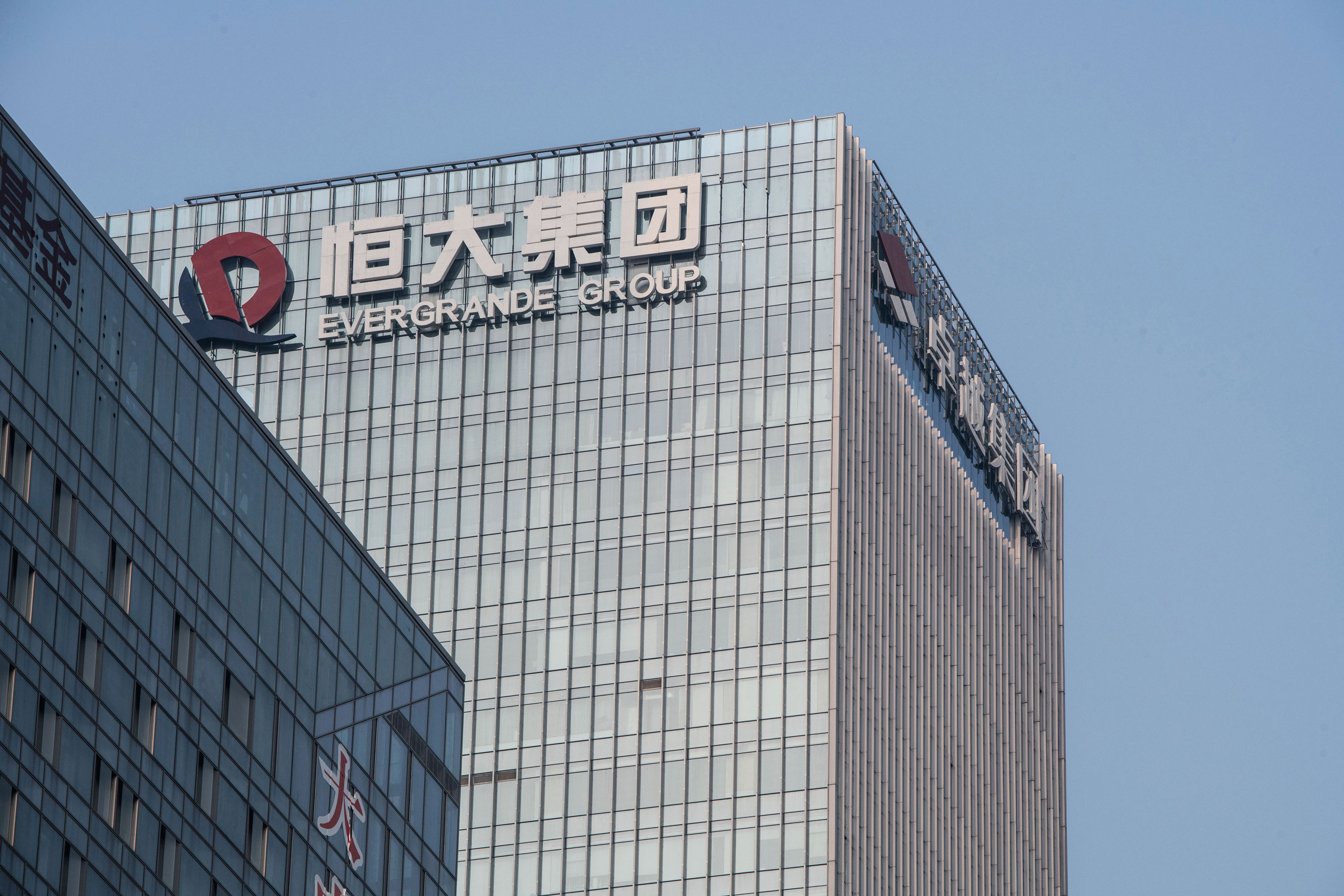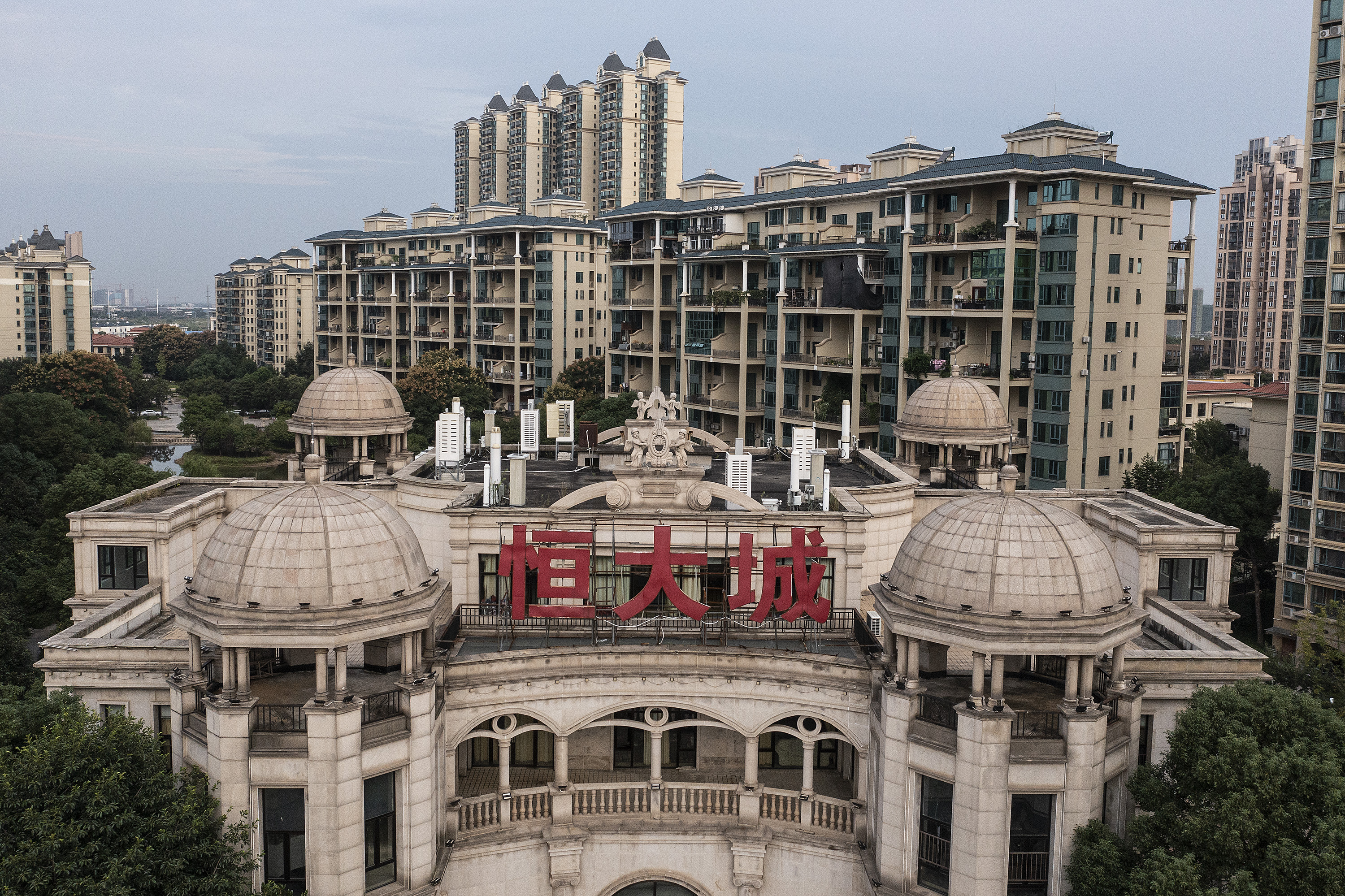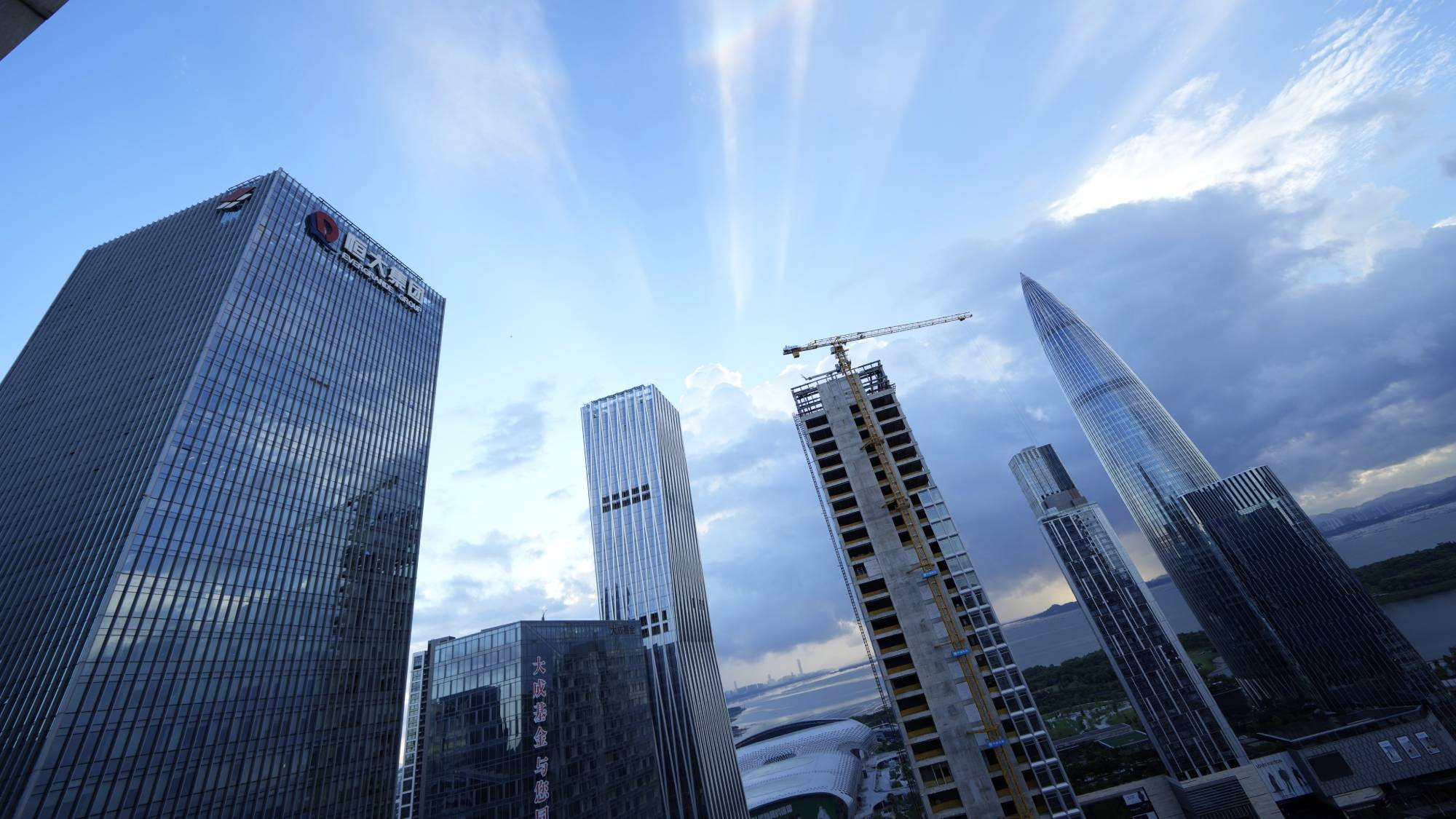A Hong Kong court has ordered property developer China Evergrande Group to liquidate after it was unable to reach a restructuring deal with creditors, just months after being given a reprieve over a plan to restructure more than $US300 billion ($455 billion) in liabilities.
Judge Linda Chan said it was appropriate for the court to order Evergrande to wind up its business given a "lack of progress on the part of the company putting forward a viable restructuring proposal" as well as Evergrande's insolvency.
The liquidation order is likely to impact China's financial system, even as authorities try to prevent a selloff in the Chinese stock market, and could have negative repercussions for the Australian economy.
READ MORE: China's real estate giant Evergrande files for bankruptcy in the US
"A further slowdown in China's real estate market is also bad news for the broader Australian economy – specifically for local miners as demand for iron ore will be affected," eToro market analyst Josh Gilbert told 9news.com.au.
"The two biggest suppliers, BHP and Rio Tinto, will likely feel the biggest impact, given they supply the majority of the share to the region.
"Clearly, further action from policymakers is needed in China.
"Measures so far have been substandard and the rollout of new measures will be key to stemming falling prices and stoking demand."
Evergrande's liquidation will likely also lessen confidence in the property sector, which has been slumping as developers struggle to meet their obligations following a crackdown on excessive borrowing in the sector.
"The Evergrande news isn't a huge surprise to markets, but it will put the global real estate market on edge and dent sentiment in China once again," Gilbert said.
"This will be particularly painful given there was some encouragement around stimulus only last week.
"China's real estate sector has been a major contributor to growth in years gone by and further pain to the sector will only ignite fears of a slowdown in the nation's economic growth."
READ MORE: Developer to demolish more than a dozen of its homes in sinking Sydney suburb
Evergrande had been granted a brief reprieve in December after it said it was attempting to "refine" a new debt restructuring plan of more than $455 billion in liabilities.
Fergus Saurin, a lawyer representing an ad hoc group of creditors, said today he was not surprised by the outcome.
"The company has failed to engage with us. There has been a history of last-minute engagement which has gone nowhere," he said.
Saurin said that his team had been working in good faith in the entire process and that Evergrande "only has itself to blame for being wound up".
The judge is expected to provide more reasons for the liquidation order during a separate court session this afternoon.
Evergrande, the world's most indebted property developer, is one of many property firms that ran into trouble when Chinese regulators cracked down on excessive borrowing in the real estate sector.
The company first defaulted on its financial obligations in 2021, just over a year after Beijing clamped down on lending to property developers in an effort to cool a property bubble.
READ MORE: Kim Jong Un has supervised new cruise missile tests, rogue regime claims
It's unclear how the liquidation order will affect Evergrande's vast operations in the Chinese mainland.
As a former British colony, Hong Kong operates under a legal system that is separate, though increasingly influenced by, communist-ruled China's.
In some cases, mainland courts have recognised bankruptcy rulings in Hong Kong but analysts say Evergrande's is something of a test case.
Real estate drove China's economic boom, but developers borrowed heavily as they turned cities into forests of apartment and office towers.
That has helped to push total corporate, government and household debt to the equivalent of more than 300 per cent of annual economic output, unusually high for a middle-income country.
Other developers including Country Garden, China's largest real estate developer, have also run into trouble, their predicaments rippling through financial systems in and outside China.
Evergrande's Hong Kong-listed shares plunged nearly 21 per cent before they were suspended from trading today.
The benchmark Hang Seng index rose 1 per cent after the ruling, while other property companies' shares advanced.
Country Garden gained 2.9 per cent and Sunac China Holdings jumped 4 per cent.
The fallout from the property crisis has also affected China's shadow banking industry — institutions that provide financial services similar to banks but operate outside of banking regulations, such as Zhongzhi Enterprise Group.
Zhongzhi, which lent heavily to developers, said it was insolvent.






